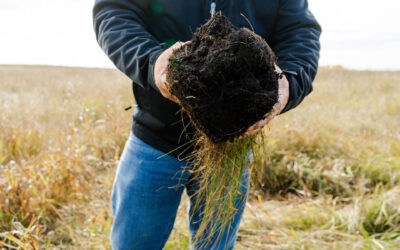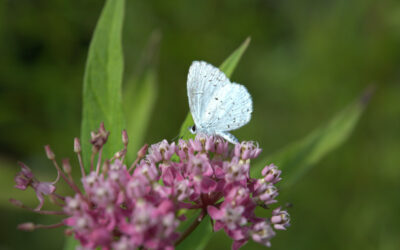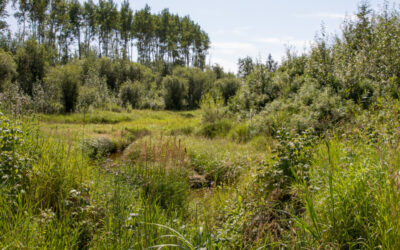Learn how ALUS helps the Gallant brothers do more for the environment on their PEI dairy farm.
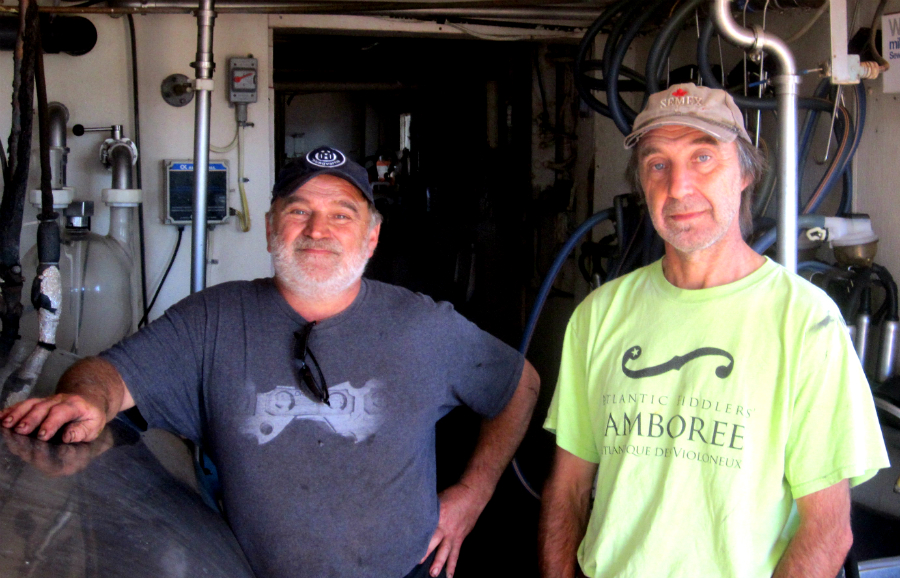
As ALUS participants, brothers Johnny and Gary Gallant “are continually trying to improve the environmental footprint of our farm, and the ALUS program is a great help with that.”
ALUS participants Johnny and Gary Gallant run Ferme Gallant Ltée, a third-generation dairy farm in St. Timothy, located in the Evangeline region of Prince Edward Island.
“We are agricultural producers. Our main role is to produce food. But as farmers, we are also stewards of the land,” said Johnny Gallant. “Gary and I are continually trying to improve the environmental footprint of our farm, and the ALUS program is a great help with that.”
As dairy producers, the Gallant brothers pasture a herd of 60 cows in the summer months. ALUS helps the Gallants manage an alternative watering system and maintain more than 2,500 feet (nearly 800 meters) of fencing to protect sensitive wetlands on the property from the impact of cattle.
Historically, the animals could access these areas directly for their water needs. Now, water is piped from the barn into watering bowls in both pastured fields.
“Having the wetlands fenced off from the animals is not only good for our business, but it has also resulted in an overall increase in wildlife use on our farm,” observes Johnny.
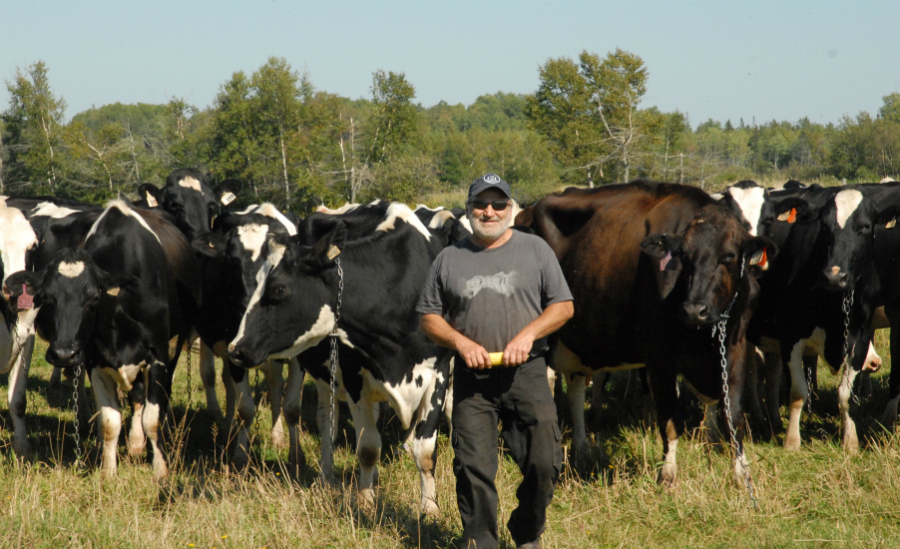
As dairy producers, the Gallant brothers pasture a herd of 60 cows in the summer months. ALUS helps them manage an alternative watering system and maintain more than 2,500 feet (nearly 800 meters) of fencing to protect sensitive wetlands on the property from the impact of cattle. This helps protect local water quality, an important ecosystem service that benefits the wider community.
The Gallants strive to grow all their animals’ winter feed requirements, including hay, grain, corn and soybeans, on the farm. ALUS also supports a number of soil-conservation features on these cropped fields, including grassed waterway projects. These permanent grass strips serve to slow, direct and filter the water flow across the fields, to help prevent soil erosion into nearby waterways.
With the implementation of all these ALUS projects, the ALUS PEI program is helping la Ferme Gallant Ltée increase their conservation efforts for the good of the wider community, and for future generations.
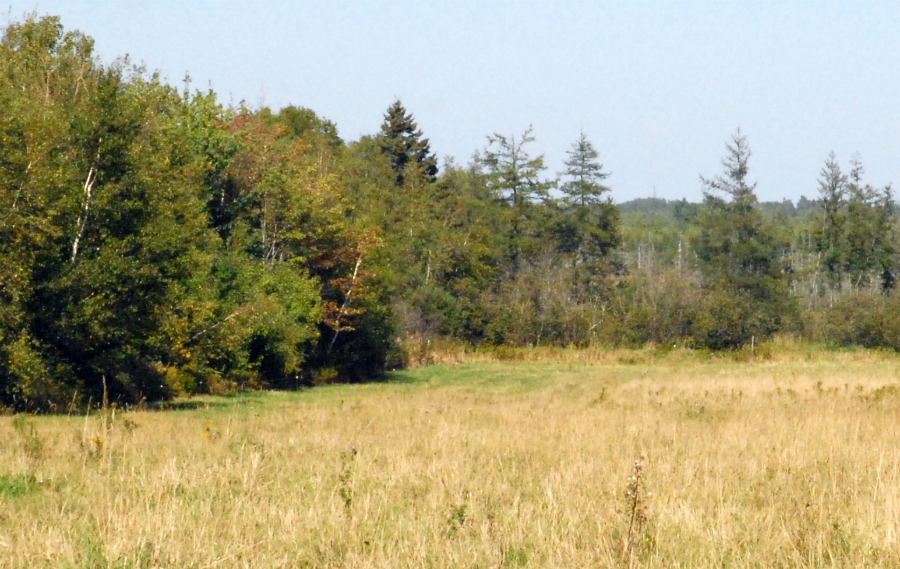
Where’s the wetland? Safe behind a fence and a buffer zone separating it from this cattle pasture. Historically, the cattle could access the wetland directly for their water needs. Now, the wetland is protected and there has been a marked increase in wildlife seen on the farm.
In addition to their ALUS projects, the Gallants have also worked with Ducks Unlimited Canada to enhance wetlands on the farm. The family strives to sustainably manage their own forests and to keep operational energy costs down. The traditional dairy farm also supports a value-added sideline business—Johnny’s son, Mathieu, recently ventured into the niche market, producing “Squeakies” cheese curds for his company, Island Artisan Cheesehouse, in nearby Mont Carmel, PEI.

